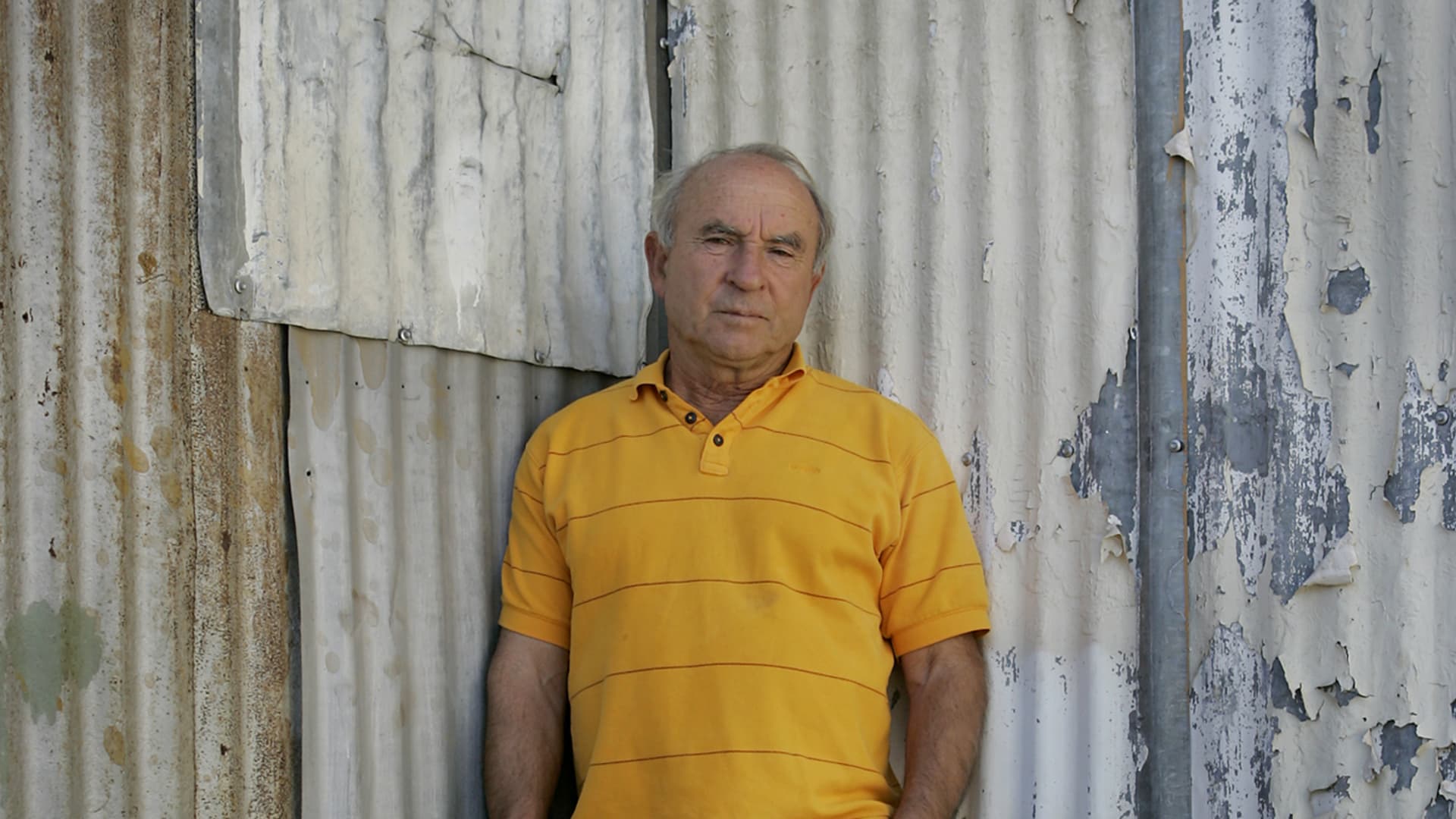The founder of outdoor apparel maker Patagonia is donating his company to a greater cause: fighting climate change.
Yvon Chouinard, the rock climber-turned-billionaire, and his family have transferred their ownership of Patagonia to the newly created Patagonia Purpose Trust and nonprofit Holdfast Collective. The two entities will ensure that all of Patagonia’s profits go toward combating the climate crisis and protecting undeveloped land across the world, the company announced on Wednesday.
Patagonia expects to generate and donate roughly $100 million in profits annually, depending on the health of the business, the company said. The company, which Chouinard founded in 1973, is worth $3 billion, according to the New York Times.
Chouinard himself has a $1.2 billion net worth, as of Thursday morning. “Earth is now our only shareholder,” he wrote in a letter released on the company’s website late Wednesday, adding: “While we’re doing our best to address the environmental crisis, it’s not enough. We needed to find a way to put more money into fighting the crisis while keeping the company’s values intact.”
When reached for comment, a Patagonia spokesperson pointed CNBC Make It to the company’s Wednesday announcement.
“The Patagonia Purpose Trust … exists to create a more permanent legal structure to enshrine Patagonia’s purpose and values,” the announcement reads. “It will help ensure that there is never deviation from the intent of the founder and to facilitate what the company continues to do best: demonstrate as a for-profit business that capitalism can work for the planet.”
The company’s mission can be traced to Chouinard’s humble beginnings. In the 1960s, he was a pioneering rock climber in California who lived out of his car and ate damaged cans of cat food he purchased for 5 cents apiece, the Times reported. He was also a craftsman who made climbing gear and apparel for himself and his friends.
“I never wanted to be a businessman,” Chouinard wrote in his letter, adding that he only realized the “extent of global warming and ecological destruction, and our own contribution to it” once he entered the apparel industry.
Today, Patagonia is a B corporation, a designation conferred on private companies that meet the highest environmental, social and governance standards set by global nonprofit B Lab. As part of those efforts, Patagonia sources eco-friendly clothing materials and annually donates 1% of its total sales to grassroots activists.
The company plans to continue those efforts, according to Chouinard’s letter. As of this year, about 88% of its products are made from recycled or renewable materials like recycled polyester and organically grown cotton, the company says.
Patagonia’s public goal is to use 100% of those materials in their products by 2025. The company says it already uses 100% renewable energy in its stores, offices and distribution centers.
In 2019, The United Nations Environment Programme recognized Patagonia for its commitment to environmental sustainability and advocacy. The company has also become more politically outspoken in recent years, suing the Trump administration in 2017 over plans to shrink several national monuments in Utah.
“Despite its immensity, the Earth’s resources are not infinite, and it’s clear we’ve exceeded its limits,” Chouinard wrote on Wednesday. “But it’s also resilient. We can save our planet if we commit to it.”
Sign up now: Get smarter about your money and career with our weekly newsletter
Don’t miss:
Bill Nye says the main thing you can do about climate change isn’t recycling—it’s voting
